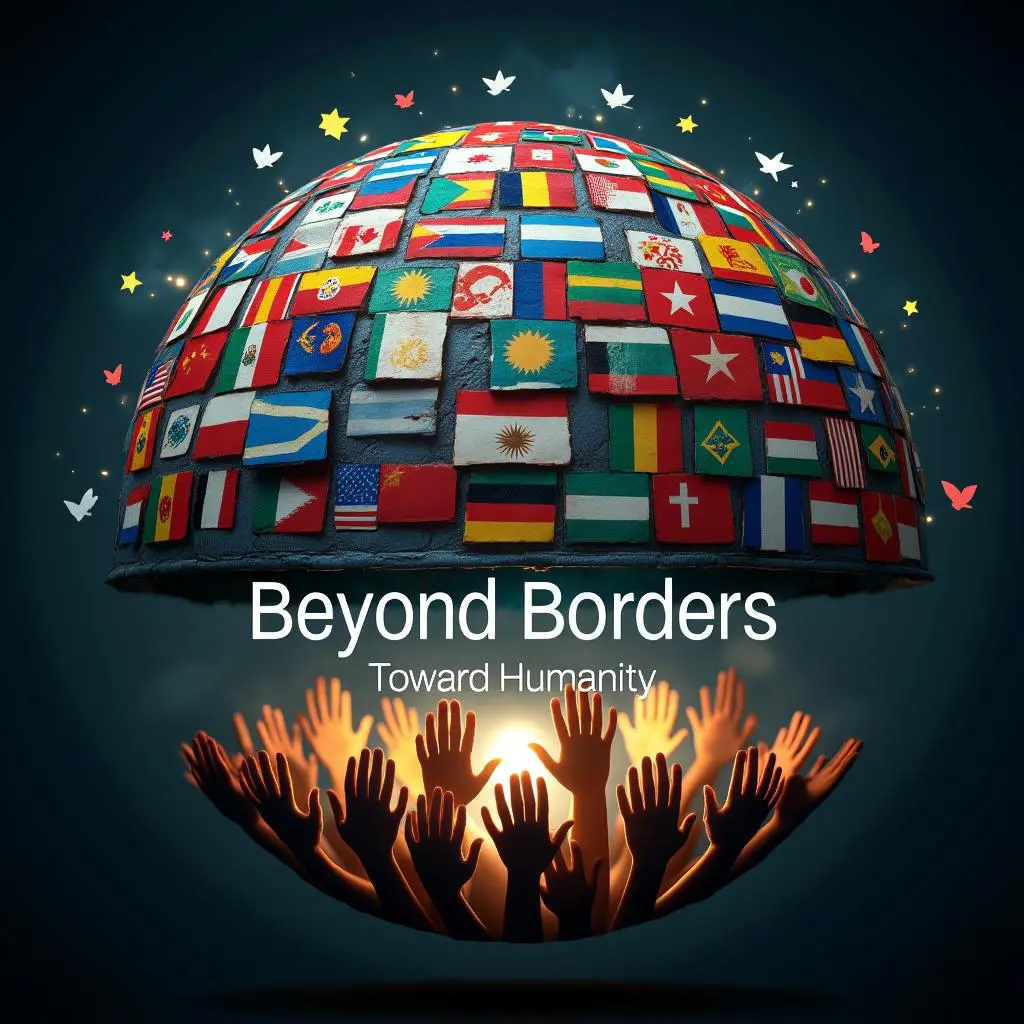Why Are We Programmed to Love Our Country Over Humanity?

Patriotism is often instilled in individuals from an early age, presented as an unquestionable virtue. Loving one’s country is portrayed as a noble duty, while broader concepts of global unity and shared humanity are often sidelined. This programming reinforces divisions, creating an 'us vs. them' mentality that undermines cooperation on a global scale.
Education systems and media play significant roles in shaping this perspective. National histories are often sanitized, presenting a narrative of exceptionalism rather than mutual interdependence. Simultaneously, global issues like climate change, inequality, and peace are overshadowed by national agendas, limiting the scope of individual understanding and empathy toward humanity as a whole.
The consequences of prioritizing nationalism over humanity are profound. Wars, xenophobia, and political conflicts often stem from the inability to see beyond artificial borders. Instead of celebrating shared human values, societies risk perpetuating cycles of fear and division, which hinder collective progress and global problem-solving.
To counter this programming, it is essential to foster education and dialogue that emphasize shared human values and interconnectedness. Encouraging global citizenship, teaching inclusive history, and prioritizing cooperation over competition can help shift the focus from narrow patriotism to universal empathy. By doing so, we can create a world where love for one’s country does not come at the expense of humanity.
To counter this programming, it is essential to foster education and dialogue that emphasize shared human values and interconnectedness. Encouraging global citizenship, teaching inclusive history, and prioritizing cooperation over competition can help shift the focus from narrow patriotism to universal empathy. By doing so, we can create a world where love for one’s country does not come at the expense of humanity.
